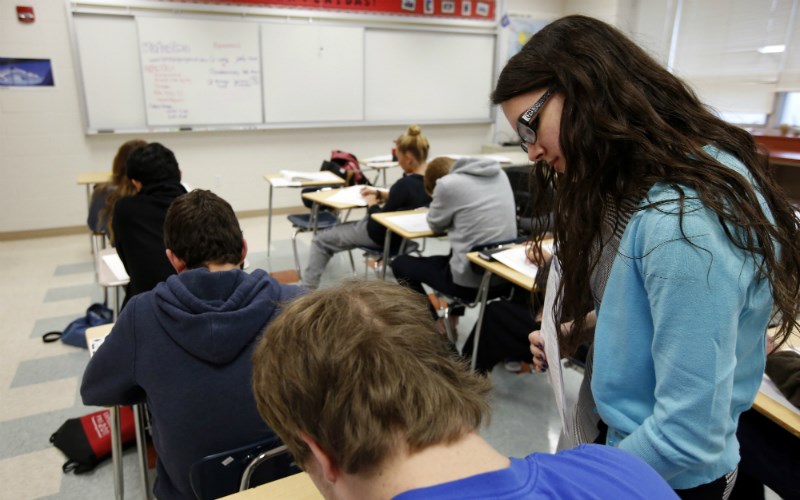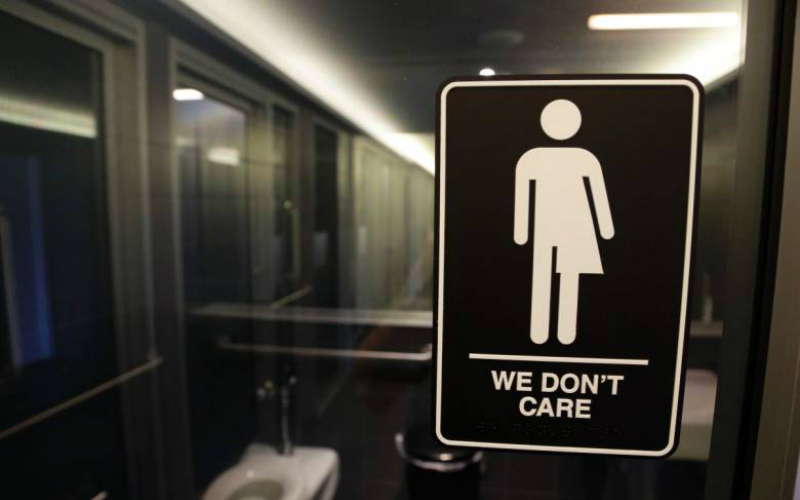According to state data, about 70% of black students failed to meet state testing standards for English language arts in the 2021–2022 school year, compared with less than 40% of white students. Additionally, about 84% of black students did not meet math standards, compared with about 50% of white students.
A bill was introduced last year in the State Assembly that aimed at getting more money to black students. But because it targeted one specific race, sponsors were worried it would not pass constitutional muster. So now, Governor Gavin Newsom (D) has proposed a bill to get $300 million to elementary and middle schools with at least 90% of students qualifying for free meals under the program and high schools with at least 85% of students qualifying for free meals.
Craig DeLuz of Project 21 says it is just throwing money at the problem.

"First of all, it's a fallacy to believe that more money equals a better education," he begins. "It certainly cannot hurt, but when more money is simply the only answer, it doesn't solve any of the problems."
He says there is no silver bullet that will close the education gap between black students and their white and Asian peers, but he asserts that it is not a race issue.
"It's a culture issue," DeLuz submits. "We've got to start to identify those things and then work to address those things. And as we address them in general, it will improve for all students including black students."
The first stop, he says, is the home, where seven out of ten black children grow up in single-parent homes.
"Being raised in a single-parent household is a dramatic indicator of whether or not you grow up in poverty," the Project 21 spokesman relays. "So how about this? How about we promote two-parent households?"
But before policies that help the family are adopted, policies that are tearing it apart need to go.
"Whether it's academia, whether it's government, whether it is private industry or entertainment, we are advocating for a culture that is destroying the American family," DeLuz observes.
Meanwhile, some left-leaning education advocates agree that this proposal will not do enough to improve educational outcomes for black students.







